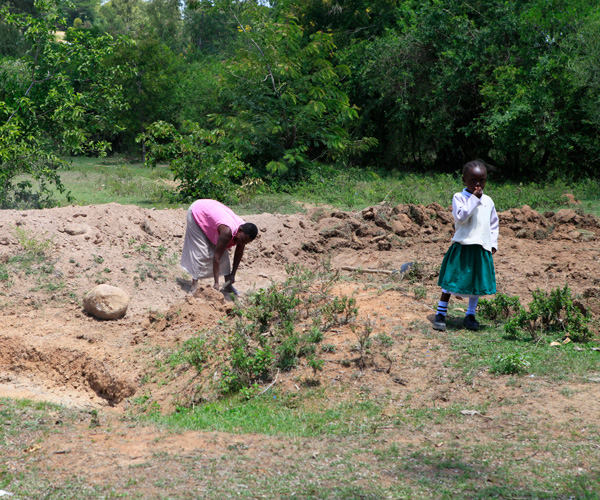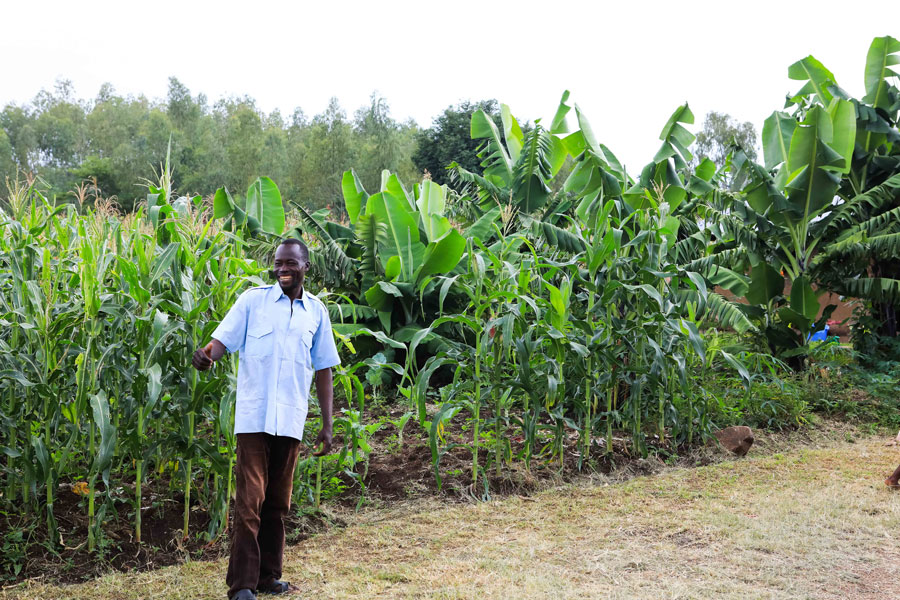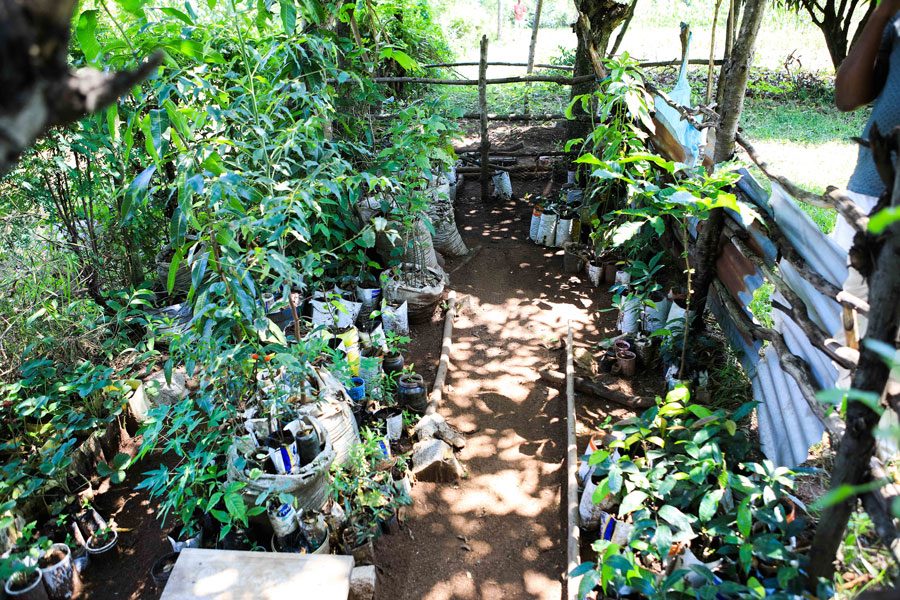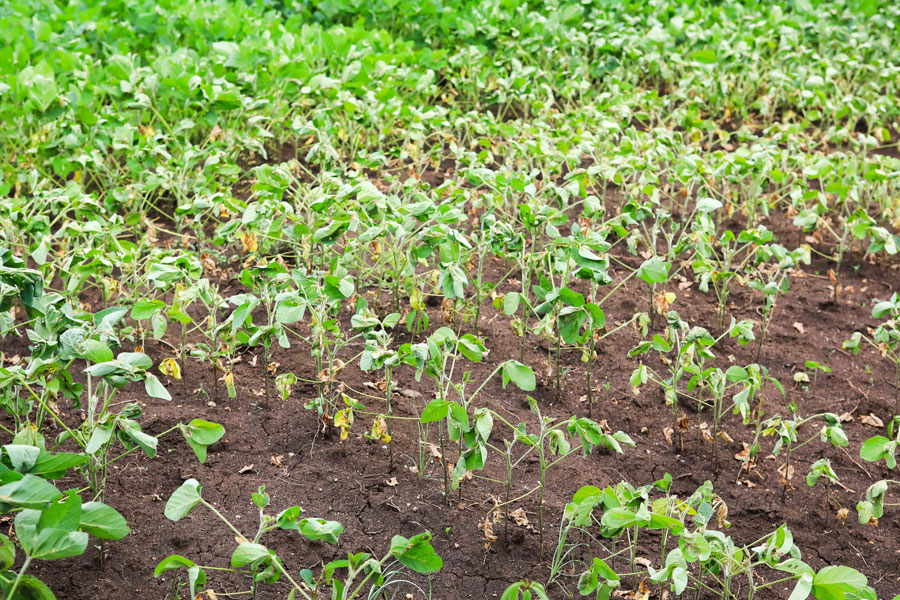Economic Empowerment
A healthy economy is the engine that provides revenue for improved food security, better education and facilities, and churches with resources to make greater strides in sharing the good news. The average family struggles to survive through subsistence farming on less than $2 per day.
Rather than supporting the community with handouts, SOHI partners with the people to empower them through introduction of new ideas and approaches, training, ongoing encouragement and support, and small infrastructure assistance that results in sustainable solutions.
Economic Empowerment is promoted in these ways:
Improved Farming Techniques
Farming God's Way
Standard tilled farming techniques were introduced to the region generations ago. This approach has depleted nutrients, opened the soil to erosion, and promoted rainwater evaporation. In 2018, SOHI introduced a zero-tillage approach to farming called Farming God’s Way. Already, the first cohorts of farmers have produced yields 10 times that of tilled plots.
Since most community members are subsistence farmers, SOHI is currently placing a strong emphasis on improving crop yields through irrigation and improved farming techniques. We believe that this training will result in the realization of the region’s Dream: CROPS THRIVE. STARVATION ENDS. EXCESS IS SOLD. AND THE ENGINE OF ECONOMY IS STARTED.
Small businesses
Small businesses are the foundation of a sustainable and growing economy. SOHI assists groups seeking to start small businesses with training, mentoring, and seed money. A group formalizes itself with a chairperson, secretary, treasurer and opens a bank account. They come up with a business plan and are loaned money which is returned with interest.
SOHI provides “seed money” giving the community a resource that is self-sustaining and actually grows over time while stimulating business. Typically, seed money is provided in $500 increments up to $2,000.
Examples of businesses that have been started to date include:
- Poultry
- Sewing of Clothes
- Plant Nursery
- Bee keeping
- Goats
- Cattle
Irrigation
Water Pans
At the root of resolving economic disparities is the ability to reliably grow crops on the small plot of land owned by most families.
A reliable supply of water for irrigation is one key to this. Communities have been economically resuscitated when people dug water pits, or pans, on their land to collect rain water for irrigation.
SOHI is working with community leaders to implement training, and assist with resources that will promote consistent, sustainable crop yields.
For the first few years, we were focused on relief. Now we are focused on the idea of the community becoming self-sustainable.











